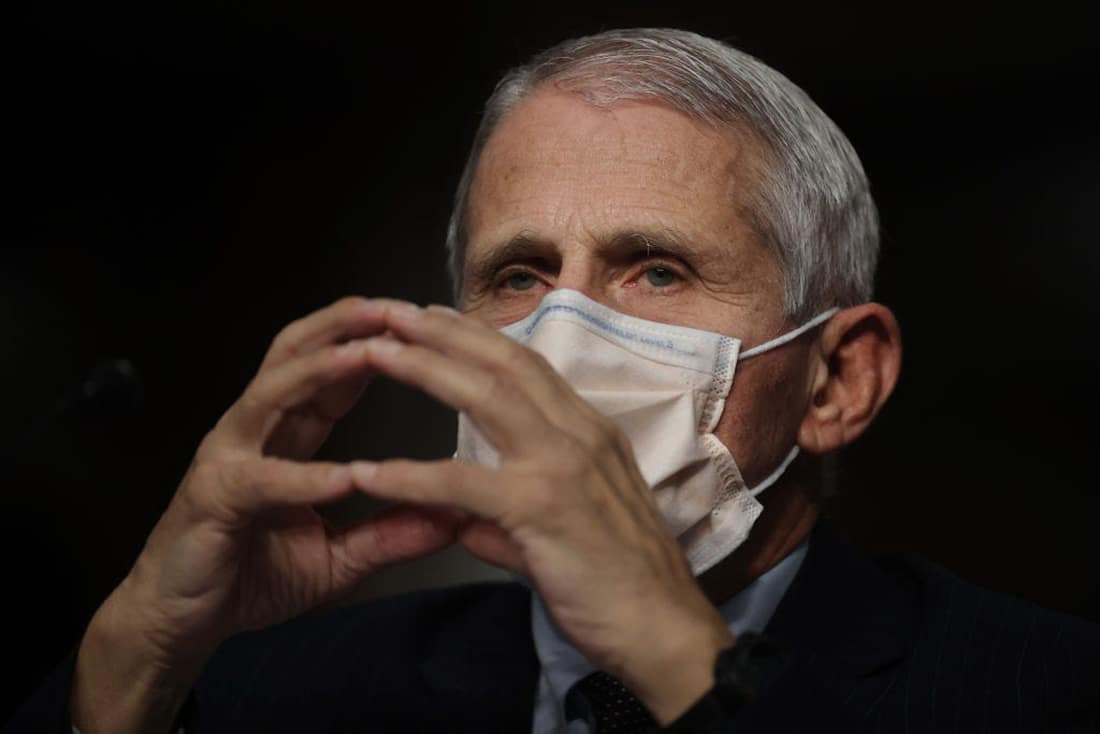

The Tyranny of Cause and Effect Scientism
by Todd Hayen, PhD, RP | Apr 19, 2023
The rape of the natural world is the phallic invasion of scientism. With its intent to rip out nature’s secrets and mysteries through the masculine assault of force, disguised as curiosity and the quest for knowledge. What good has it done for us? What good beyond making things easier, faster, less meaningful? Many will say advances in medical technology have made our lives longer and has lessened our suffering by destroying parasites that feed off the human body or bacteria that do the same, resulting in much pain and suffering. Mechanical medicine has mended bones and sewn up ripped skin and damaged organs. But is this really true, in general, that science and this discovery of the inner workings of nature have made the human experience better? Of course science itself has done wonders in certain regards. It has at times been the result of curiosity and awe. But not always, and particularly not in our modern materialist, consumer focused, culture.
I know I am sitting on the extreme end of this topic, dissing science in this manner, but I have been silent about it for years. In the beginning I wasn’t even sure what the problem was, and recently I have just been afraid to venture into this idea because it seemed that most people reading it would think it was ludicrous. (As a side bar, see my article The Eerie Premonitions of C.S. Lewis.) Now, I am not sure. In fact, it was this article that inspired me to write this one. My friend and fellow substacker, Doktor Snake conceived this little gem. Here is a wee clip from the post:
One thing these oppressors can’t deal with and barely understand, if at all, is the other side that we humans have. The visionary side, which some call supernatural, but it’s really natural, part of us, but has been suppressed for a few hundred years-since the Age of Reason and the rise of what I call “scientism”, the cult of materialism and order.
What does this mean, you might ask? In today’s materialist paradigm it doesn’t mean anything that makes any rational sense. But most of us who have given the idea much, or any, thought, believes it means a great deal. Today the world is consumed with the concept of “materialism” or “physicality.” This paradigm relies on the belief that everything worth talking about, or even considering, is made up of tiny particles—atoms, so to speak, or electrons, protons, and various other dubious “particles” scientists have named over time.
Only problem with this reductionist view of the material or “real” world is that these smallest of “things” are not things at all. The given name of “particle” is a falsity. There are no subatomic particles that are made up of material substance. They are all but illusions. I won’t say they are illusions, because they end up “doing” things, like clinging together to make up molecules, which make up larger structures we can even see (under a lot of magnification). The energy these “particles” possess obviously has impact on other particles and thus forms the material reality we interact with. But they are not of substance, of dimension, as most people seem to think.
So subatomic particles, that then make up an atom, are only measurable in energy units, or in potential. They are not “dimensional” essentially meaning they don’t take up space, and are not solid. So what are they? Sorry, I can’t tell you. And probably most nuclear physicists couldn’t tell you either, at least in terms we would understand. My point is not to say they do not “exist” because clearly they do, but where is the point they turn into matter? I am sure there is an answer to that, you can go back to school and get your PhD to get it.
I bring this up only to illustrate the strangeness of our weird world of “things” we live in and if anyone attempts to tell you that nothing “real” exists unless it is material, as substance and form (as in solidity), have them explain an atom to you. Of course they would deny that this seeming ambiguity doesn’t change anything when insisting that the material world is the only reality. To a materialist, which is an apt definition of nearly all scientists, the universe is made up of material objects. Period.
I am trying to avoid falling into that age old ploy, “so if everything is material, what is love?” or even better, “what is a thought? What is a dream?” On and on. Of course the materialists have answers for these questions, just as pat and useless as the questions themselves. But the argument is sound. Can you really reduce all human experience down to material components, and material components alone?—all bouncing off of one another in a “cause and effect” way thus producing anything and everything we experience? I don’t think so. I don’t think so by a long shot.
So why is material cause-and-effect-science tyranny? Well, it isn’t the whole truth. If it were the whole truth there would be nothing to hide, therefore there would be no power in the materialist paradigm. But since it isn’t the whole truth, and in its belligerent insistence to be the whole truth, it bars us, the observers, from seeing and applying the rest of the truth to our human experience.
This “other truth” includes the aforementioned love, dreams, intuition, God, myth, mystery, and a myriad of other very human “things” that generally, if left alone to do their magic (yes, magic is another one) we would be more content, purposeful, and have more meaningful lives. Let me say that again in another way—if stripped of our reality of love, dreams, intuition, God, myth, and mystery, we would hardly be able to call ourselves human, and we would hardly be able to have any sort of meaningful life. Yet this is what “scientism” wants us to do—to believe that none of these things are real. Herein lies its tyranny.
Before we knew everything (science seems to be claiming in recent years that they do, now, know everything—at least everything that matters) there was a little bit of room for these “unquantifiable” forces. If science didn’t have a quick and easy comeback to a certain question, it would throw in a taste of “promissory materialism” and simply say, “well, we can’t answer that, but one day we will be able to, since we already know that all experience is explainable through a materialistic lens, we know one day we will have a materialist answer to that question.”
Sure.
It seems nowadays they don’t even say that. They don’t wait for a promissory materialist explanation, instead they just make something up. They are so sure and cocky about it all. THAT is tyranny. I say tyranny because they can basically lead you around by the nose with that sort of authority: “You don’t have a clue what you are experiencing, with all your common sense, critical thinking, and intuition. Let me tell you what you are experiencing!”
Funny thing about this way of going is that even science, real science, doesn’t always agree with them. Look at the mask fiasco, social distancing, and lockdowns—not a speck of real science in any of it. And don’t get caught up in those inane and ridiculous “reasons” say, for example, “masks work”—if someone blows snot in your face MAYBE a mask will block some of the infinitesimal virus particles from reaching your respiratory tract hitching a ride on a blob of goo big enough for the mask to block. And that would only hold weight if you believed viruses were real, or for that matter, if Covid was even more than a dressed up flu contagion. Give me a break.
The tyranny of scientism is actually lurking in millions of places that have nothing to do with the Covid insanity. It just seems that Covid has given them the opportunity to use scientism as a tyrannical tool in a more blatant way. Look at Anthony Fauci claiming he was science itself. What could be more blatant—the self proclaimed Pope of Science, just as in the Catholic system, God communicates through the Pope, Science communicates through Fauci.
I could go on with other examples of the calming, and hypnotizing, effect of the words “scientists discover,” which typically gives people a sigh of relief in knowing that the holiest of holies has approved of whatever we encounter in the natural world (or the opposite, a debilitating hit of fear). Understanding the physical world is indeed important, but it isn’t all there is to understand, and people have been indoctrinated since birth to believe “science” is the great definer of reality. Science only gives credence to half the picture, and in its, and its practitioners, arrogance has decided to wield this credence as a weapon (not all scientists, mind you, just the ones under the thumb of money, power, and corrupt government).





0 Comments